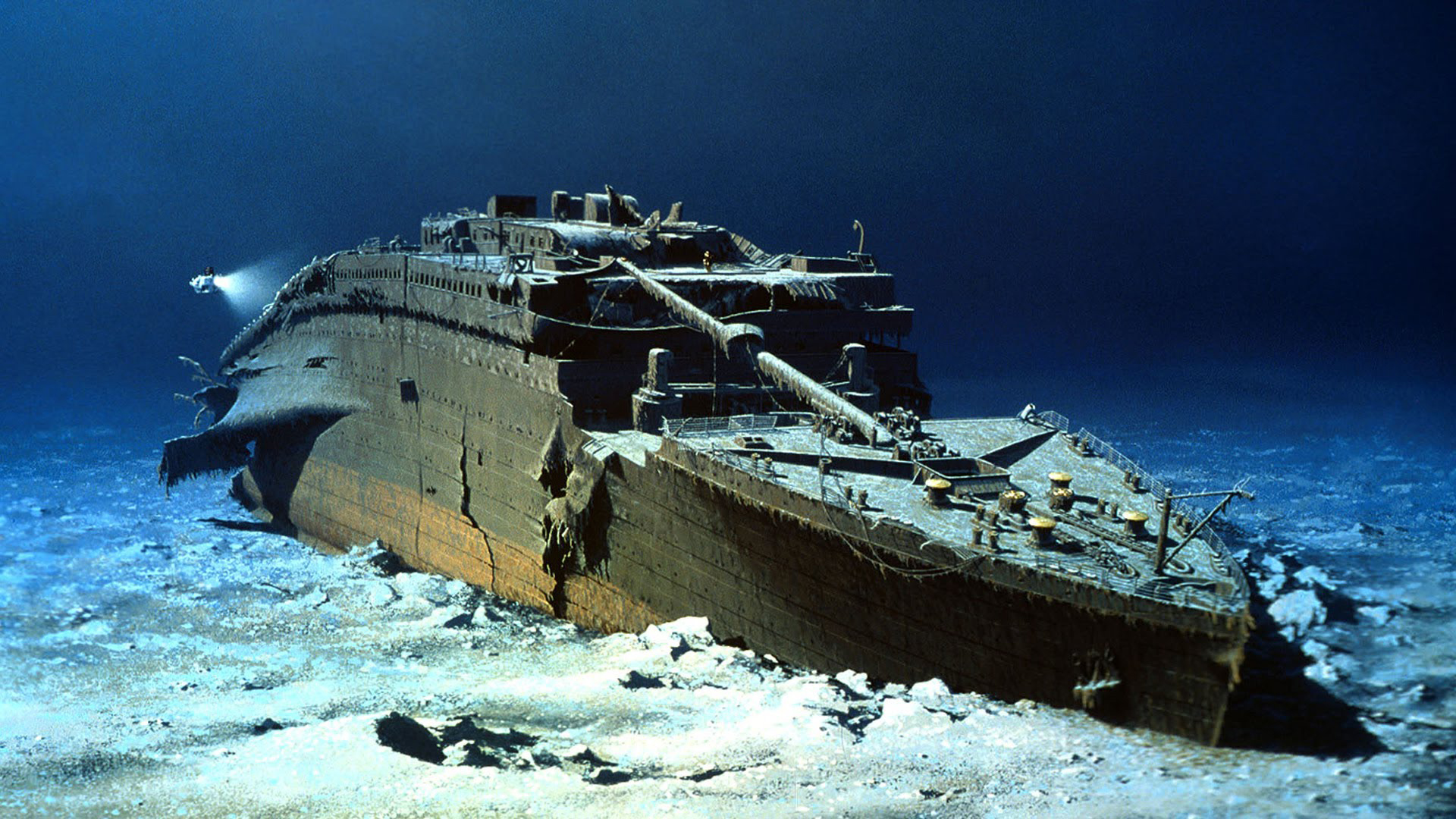Arts & Culture
1910 was a year that marked a massive change in the world. F.T. Marinetti’s “The Futurist Manifesto” had been published one year earlier, advocating for modern art to stop looking to the past and for aggressive literature that used symbols of speed and man’s progress. This revolutionary piece was countered by the Vatican in 1910; in September they put a law into effect that required priests to reject modernism. The oath had strong language, deeming modernism, “the errors of this day.” The feverous momentum behind the modernism movement was picking up steam and this evidently caused the church to respond in an attempt to keep the ways of yore intact.
Social Change
1910 saw slavery become illegal in China since around 1600 BC; a massive move in the right direction for international human rights. While this positive change occurred in the East; on American soil citizens were dealing with the aftermath of their post-slavery integration. The second meeting of the NAACP occurred and race riots were incited on July 4th when an African-American boxer, Jack Johnson, beat a Caucasian boxer, James Jefferies. It was the Fight of the Century before Ali and Frazier, Jefferies was tired of seeing Johnson dominate and came out of retirement to set the record straight. The media was buzzing before the match, but it was no contest— Johnson dominated. What ensued was mayhem- whites were disappointed and bitter, while blacks were jubilant. Here is a link to a short poem about the incident.
Science & Technology
The most innovative burst of technology and what was considered to be the pinnacle of man’s creation, The Titanic set sail on April 10th of 1912. It is obvious, but Thomas Hardy’s poem “The Convergence of the Twain” was published a few years later for a fundraiser for the tragedy and he discussed the sinking of the ship. Hardy saw the boat as the symbol of the age’s pride and vanity; the Titanic’s sinking presented a beautiful juxtaposition of nature and progress. The poem describes the iceberg and the ship and how the Immanent Will drew them together. The sinking of the Titanic was a blow to the ego of man’s materialism and scientific progress.

The sunken Titanic
War, Politics, & Nature
In 1912 the Balkan Wars began. The Ottoman Empire was about to witness a monumental decrease in the size and power of it’s empire. The first of the Balkan Wars ended later in 1912 when Serbia, Greece, Bulgaria, and Montenegro defeated the Ottoman Empire and forced them to release all of their European territories. A shift as colossal as that loss was seen in 1912 when Alfred Wegener proposed his theory of continental drift. This was a whole new idea and lent a hand to prove how long of a time geologic works require. Shockingly, little of this massive change in power and the view of nature were seen in our selected poems; however, I feel that these subjects received some place in verse around this time and I found one on the Balkan Wars by Alan Seeger.


Great overview, but this would be more clear if you broke entries by their chronos category. Also, rather than cut-and-paste the URL, just highlight specific words and then select the button in the composition box that looks like a chain-link. That way, the text is linked, and you won’t need to include the URL.
I do appreciate the innovative way in which you orchestrated each entry around a certain convergence of ancient/natural and modern. Very cool! Please go back and fix the link issue here, and add headers as well. The score you receive anticipates your making those changes (also note the semicolon issues: what occurs on either side needs to be a complete sentence in almost every case).